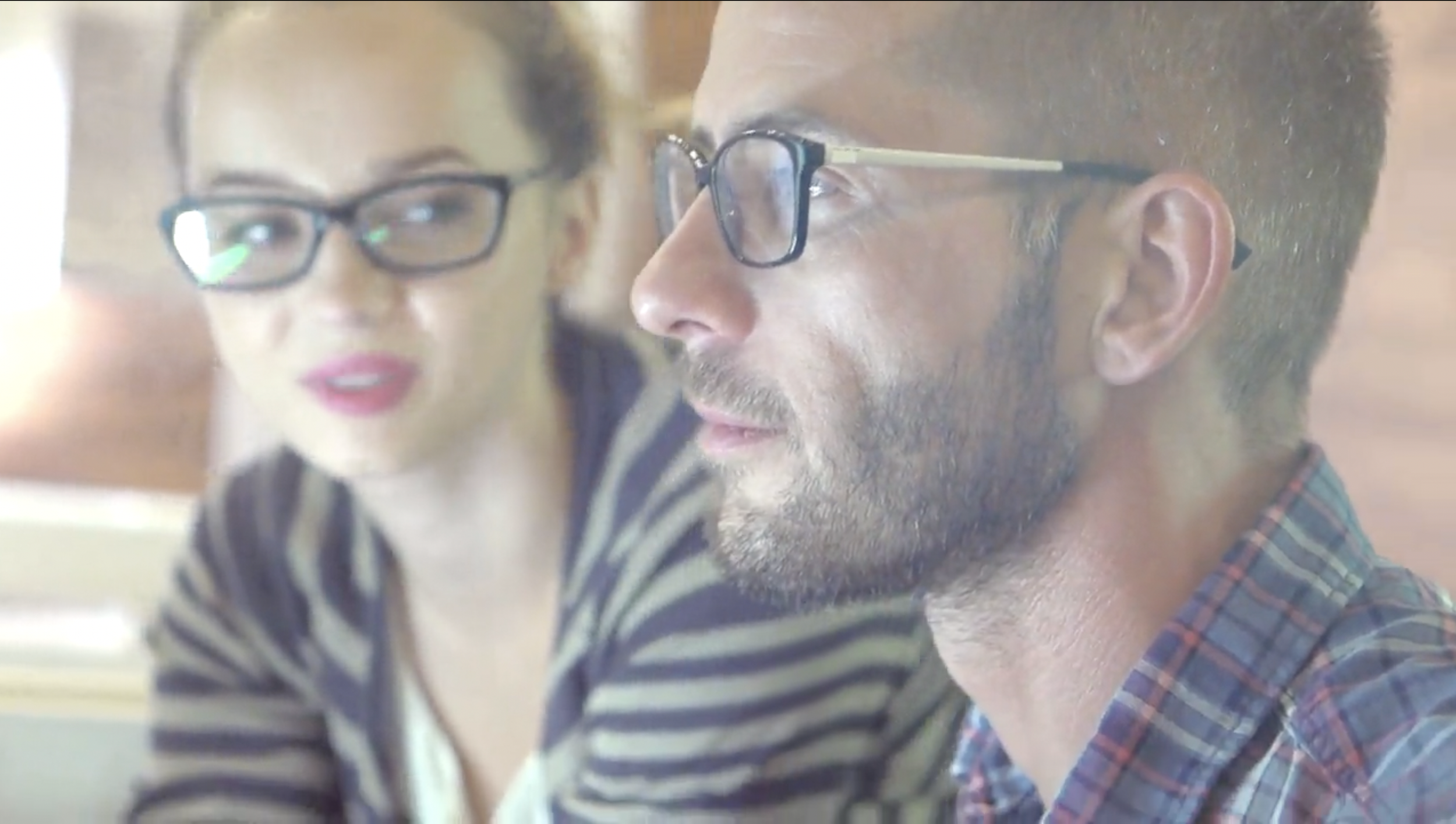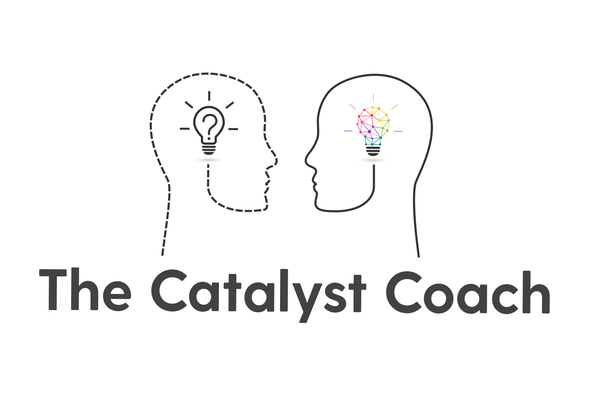
For EdTech and AI Innovation Startups/Scaleups.
Transformative coaching and acceleration for founders and leadership teams shaping the future of education and artificial intelligence.
The 24-Week Acceleration Programme combines strategic coaching, sector expertise, and deep network access to equip founders and teams with the tools, confidence, and clarity to scale faster and smarter.
Partner with Graham Brown-Martin to unlock innovation, strategic growth, build market-leading ventures, and create lasting impact.
“Rather than reinforce 19th century practice with 21st century technology, EdTech and AI has the potential to transform how we learn and why.”
— Graham Brown-Martin, Learning {Re}imagined
The Catalyst Coach
As a catalyst for growth and innovation with decades of experience in EdTech, AI innovation, and global leadership, Graham Brown-Martin is an award-winning strategist, product innovator, author, keynote speaker and coach. His leadership has shaped award-winning initiatives and startups, including Learning Without Frontiers, Handheld Learning, Digital Arts and pi-top, and influenced policy and practice at the intersection of technology, learning, and society.
Graham brings visionary insight, real-world experience, global connections, and a proven methodology to help founders and their teams align vision, strategy, and execution for high-impact scaleup and purpose-driven transformation.
Finalist, Global Startup Coaching Awards 2025 🏆
Learn more at: grahambrownmartin.com
Who We Work With
Founders and leadership teams building EdTech or AI-driven solutions for global markets.
Startups ready for rapid growth, market entry, or pivoting to new opportunities.
Teams committed to ethical innovation, real-world impact, and scaling better learning outcomes.
Ventures seeking expert coaching, investor readiness, and powerful sector introductions.
Format
90 minute online objective-driven coaching each week.
Ad-hoc checks-ins via secure Signal messaging.
Investment
Graham on your team from £500 per week.
“The purpose of education is to equip present and future generations with the knowledge and skills to thrive in a rapidly changing world”
— Graham Brown-Martin, Learning {Re}imagined
24-Week Acceleration Coaching Programme
What You’ll Gain
Strategic clarity: Each participant develops a bespoke roadmap targeting scalable growth, product-market fit, and team resilience.
Investor and partner readiness: Robust business models, investment collateral, and connections to leading VCs and sector mentors.
Leadership development: Strengthen decision-making, team culture, and authentic communication under expert guidance.
Bespoke, Adaptive for Every Founder and Team
This programme starts with a rigorous four-week Discovery and Diagnostic phase, where founders and leadership teams work together with Graham for 90 minutes each week to clarify purpose and ambitions, identify strengths and obstacles, and define practical objectives. From this foundation, the remaining weeks are custom-built around each client’s unique goals, stage, and context—targetting high-impact growth for EdTech and AI ventures.
No cookie-cutter tracks: Every engagement is tailored. Weekly coaching sessions adapt to evolving priorities, whether building go-to-market strategies, refining product vision, scaling operations, securing investment, or developing leadership capabilities.
Dynamic modules and milestone planning: Rather than a fixed curriculum, the journey is modular and client-centric—encompassing workshop topics, expert introductions, deliverable sprints, and accountability check-ins selected in partnership with each founder or team.
Continuous progress: The programme emphasises transformation through targeted action, rapid iteration, feedback loops, and regular milestone reviews. Progress and focus are reassessed at key points, allowing for pivots and deep dives that fit the venture’s emerging needs.
Real-world impact: Clients access Graham’s global network, sector insights, and domain expertise, leveraging opportunities for collaboration, visibility, and investor introductions as required by their distinct path.
This programme ensures the process is always relevant, responsive, and practical-aligning every session, tool, and resource to the objectives shaped in discovery and redefined by ongoing progress. The only “standard” is a relentless focus on founder and team success, growth, and long-term impact for EdTech and AI innovation.
“The role of the teacher is to create the conditions for invention rather than ready made knowledge.”
Seymour Papert, Learning Theorist and AI Pioneer
Finding Your Purpose.
Why do some companies flourish while others flounder chasing mere profit?
Graham Brown-Martin’s “Purpose Beyond Profit” unveils the secret: organisations driven by a clear purpose consistently outperform those focused only on financial gain. Through compelling research and real-world insights, he explains how purpose fuels innovation, attracts top talent, and delivers lasting value for customers and communities alike.
Curious how leading firms define their North Star—and why purpose, not just profit, unlocks genuine growth? From epic business turnarounds to the pitfalls of losing sight of customer needs, this article challenges conventional wisdom about success. Click through for a thoughtful exploration of why purpose-led companies win, and what it really means to build a future people believe in
“The most interesting people you’ll find are ones that don’t fit into your average cardboard box. They’ll make what they need, they’ll make their own boxes.”
Dr Temple Grandin, Scientist and Animal Behaviourist
What is innovation?
Innovation is the buzzword every leader loves to drop, but most organisations unknowingly sabotage it before it takes root. In this provocative article, Graham reveals how conformity, rigid hierarchies, and fear act as an “innovation immune system,” quietly killing creativity and fresh thinking just when it’s needed most.
Wondering what truly sparks breakthrough ideas and why diversity is the antidote to groupthink?
Discover why real innovation demands more than lip service, and why daring to disrupt the status quo is often met with resistance. Click through to unlock insights that challenge mainstream assumptions about innovation and discover what’s really required for lasting change.
What is Innovation? A short film by Rafa Galeano
What my clients say.
(names and likeness changed for privacy)
-

Kaina, Founder 🇬🇧
“Graham offers a refreshing approach to executive business coaching. Each session offered new insights on the topic at hand and provided the opportunity to critically reflect on how I could bring about meaningful impact with my business at a global scale.”
-

Andy, CEO 🇭🇺
Working with Graham helped me turn the abstract into a tangible, action-oriented strategy. We began at the beginning and rediscovered how my life experiences to date have shaped who I am — and we used that fresh perspective to create frameworks for navigating a personal future.
-

Zora, Founder 🇬🇧
Graham got me to think big and be bold at every step with my first business venture. He took the time to really listen to my goals and dug deep into my whys, uncovering aspects of my business I never saw for myself. Graham’s guidance proved invaluable, I cannot recommend him enough.
-

Tyler, Entrepreneur 🇺🇸
Graham is a great personal instigator. If you are looking for someone who will help you think in new ways and push you to structure your own self development, then you need not look any further. He is a great coach who has made all the mistakes and learned from them, you will find your sessions useful, fun and importantly interesting.

Please use the form to contact me with any questions or to book a free 30 minute consultation
LWF.ai Ltd trading as The Catalyst Coach. Registered in England No. 16579470. Regd office: 128 City Road, London EC1V 2NX. ICO Registration ZB937246.







